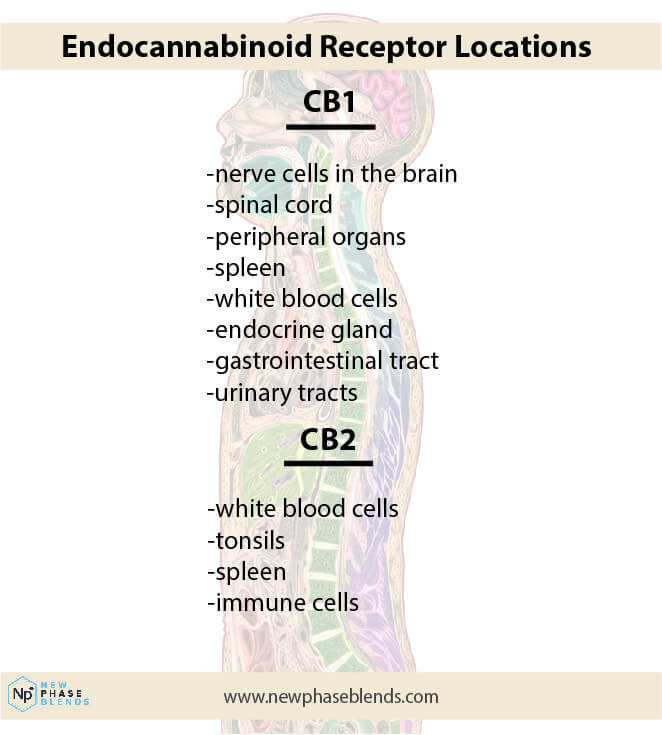Cannabichromevarin (CBCV), also referred to as cannabivarichromene, is one of more than 120 types of cannabinoids found in the cannabis plant. CBCV is both a phytocannabinoid and propyl-cannabinoid, meaning its molecular structure contains a propyl chain.
Cannabichromevarin (CBCV) was first identified in 1975 at the University of Nagasaki in a marijuana strain obtained from Thailand. CBCV is only found in small amounts in marijuana plants, and therefore still lacking in research. The closest related cannabinoid to CBCV is CBC (cannabichromene), and they have similar chemical structures.
Cannabichromevarinic acid (CBCVA) is originally produced by the cannabis plant. Once CBCVA is exposed to heat, it loses the acid component which transforms it into CBCV. The process whereby the A (acid) is removed is known as decarboxylation.
There’s not a lot of studies out there for CBCV since research is still ongoing. As laws become more favorable regarding cannabis we can expect more research in the near future. The limited studies we do have show that CBCV has some promising medical benefits.
HOW DOES CBCV WORK?
CBCV interacts with the endocannabinoid system of the body. Every cannabinoid, including CBCV, similarly interacts with the body. Endocannabinoid receptors are found in every part of the body and in higher density throughout the nervous system.
We don’t currently know whether CBVC has a higher binding affinity for CB1 or CB2 receptors, but some binding to both receptors is expected due to its medical effects.
POSSIBLE THERAPEUTIC BENEFITS
1. Glaucoma
There are many endocannabinoid receptors in the eyes which contribute to the control of Intraocular Pressure (IOP). These receptors help with the formation and outflow of aqueous humor. According to a study done in 2008 CBCV and other cannabinoids may help control IOP and benefit glaucoma. There is also ongoing research that claims cannabinoids help in the eradication of retinal ganglion cells, which can cause glaucoma.
2. Inflammatory Bowel Disease
In a study done on mice in 2013, CBG, CBCV, and other cannabinoids eradicated murine colitis, reduced nitric acid production in macrophages, and reduced the formation of ROS in intestinal epithelial cells. Administration of cannabinoids also lowered inflammatory markers such as interleukin-1β by a significant amount. Researchers are confident cannabinoids can be used to help patients with inflammatory bowel disease.
3. Colon Cancer
There are reports that CBCV and other cannabinoids like CBG inhibit the growth of Colorectal Cancer Cells (CRC). These cannabinoids have been shown to activate receptors responsible for preventing tumor growth while lowering systemic inflammation. They were also shown to promote apoptosis, upregulate CHOP mRNA, and reduce cell growth in cancer cells.
4. Block Pain
CBCV and other cannabinoids have been shown to help with chronic and acute pain. They interact with the TRPA1, TRPV1, and TRPV2 channels which are some of the receptors responsible for pain signaling throughout the body.
5. Anticonvulsant Effects
CBCV was shown in a study to be effective for both Dravet syndrome and generalized seizures. CBCV was found to readily absorb into the brain and exert its effects on the receptors there.
INTERESTING FACTS
- CBCV does not produce any psychoactive effects, unlike THC.
- CBCV is assumed to lower blood pressure in the body, although no studies have confirmed this yet.
- CBCV is thought to have many of the same beneficial effects that CBC does, due to its similar chemical structure.
Back to List of Cannabinoids












